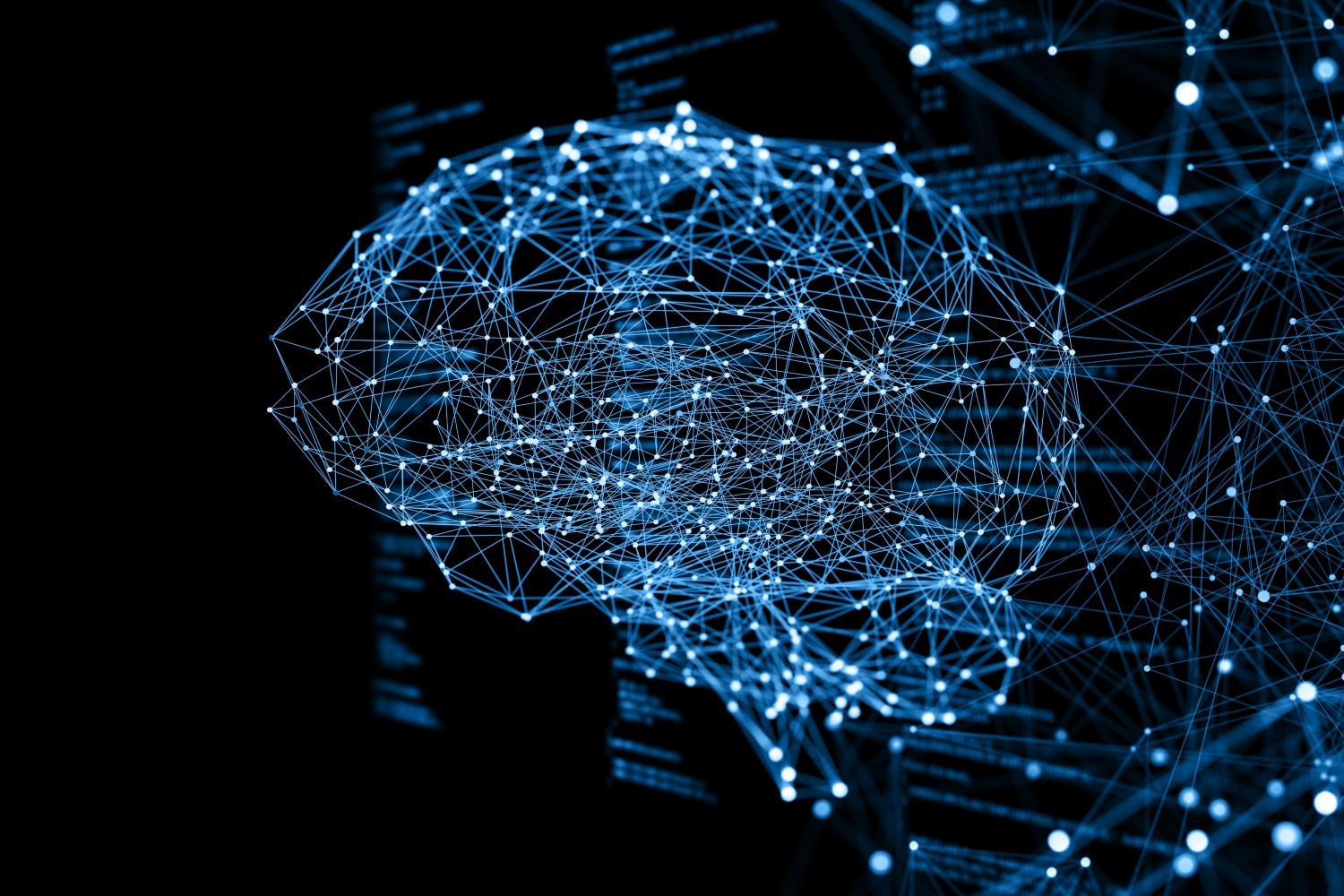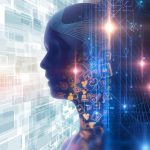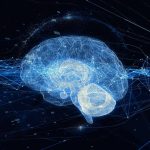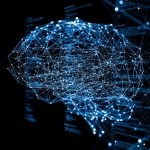In an age where technology permeates every aspect of our lives, it’s no surprise that it’s also making its mark on the world of music. Artificial Intelligence (AI) has become a powerful tool for musicians and composers, allowing them to explore new creative horizons and craft catchy tunes like never before. In this article, we’ll delve into the fascinating world of AI-generated melodies, exploring how algorithms are transforming the music industry.
The Rise of AI in Music Composition
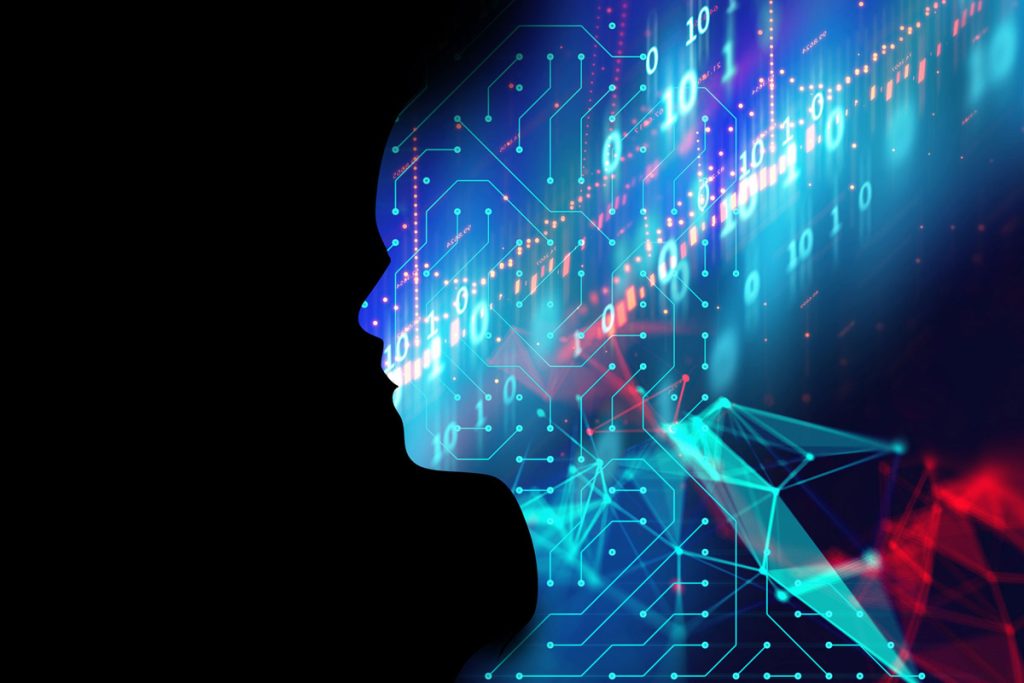
Traditionally, music composition has been a deeply human endeavor, relying on the creativity and emotion of composers to craft beautiful melodies. However, AI is now challenging the status quo by demonstrating its ability to generate music that can rival human compositions. AI-powered music composition tools leverage vast datasets of existing music to learn patterns, styles, and structures, enabling them to create original compositions that capture the essence of different genres.
How AI Generates Melodies
The process of AI-generated melody creation is a complex one, involving several key steps. First, AI systems are trained on a massive dataset of songs from various genres, allowing them to recognize common musical elements such as chord progressions, rhythm patterns, and melodic contours. This training phase equips the AI with the knowledge it needs to create music that is stylistically consistent with a chosen genre or artist.
Next, the AI generates melodies by probabilistically selecting notes, chords, and rhythms based on the patterns it has learned. It can also incorporate user preferences or specific inputs, allowing musicians to collaborate with AI in the creative process. The result is often a melody that feels both familiar and fresh, combining the best of human and machine creativity.
Benefits of AI-Generated Melodies
- Efficiency: AI can quickly generate melodies, saving composers valuable time in the creative process. This efficiency enables musicians to experiment with multiple ideas and iterations.
- Inspiration: AI can serve as a source of inspiration, providing composers with new musical ideas and directions they might not have explored otherwise. It can help break creative blocks and spark new avenues of exploration.
- Accessibility: AI democratizes music composition by making it more accessible to aspiring musicians and composers who may not have formal training. It allows individuals with varying levels of musical expertise to engage in creative expression.
- Genre Exploration: AI can seamlessly switch between different musical genres, allowing composers to experiment with a wide range of styles and influences. This versatility can lead to the creation of unique and innovative compositions.
Challenges and Limitations
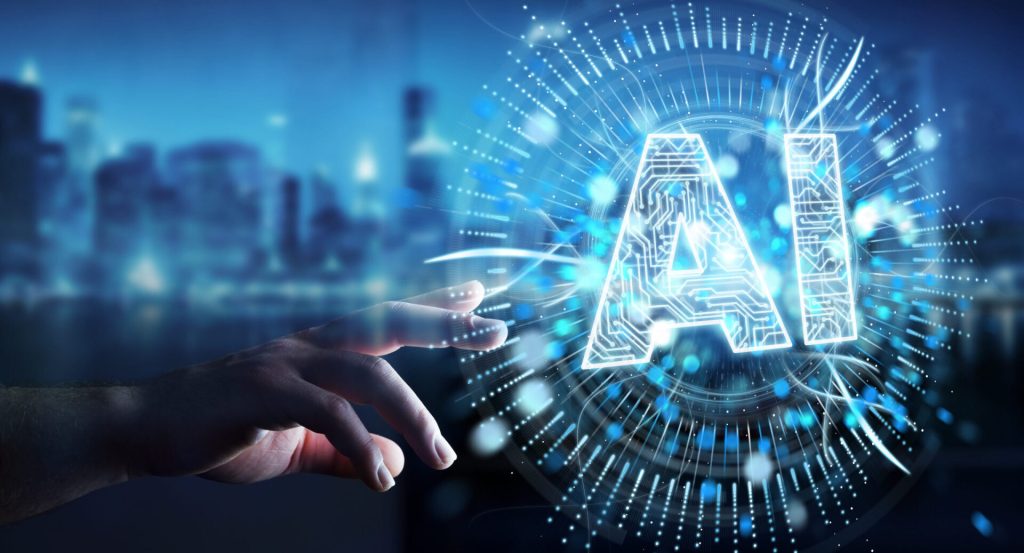
While AI-generated melodies offer numerous advantages, they are not without their challenges and limitations. Critics argue that AI lacks the emotional depth and nuance that human composers bring to their work. Music is often deeply personal, and some argue that AI compositions can feel sterile or devoid of soul.
Additionally, there are concerns about the potential for AI to stifle human creativity by overreliance on its suggestions. It’s crucial for musicians to strike a balance between using AI as a tool for inspiration and maintaining their unique artistic voice.
The Future of AI in Music
As AI technology continues to advance, we can expect to see even more innovative applications in the world of music. AI may become an integral part of the music composition process, collaborating with human composers to create compelling and emotionally resonant melodies.
Furthermore, AI has the potential to revolutionize how we experience music, from personalized music recommendations to generating custom soundtracks for video games and films. The possibilities are vast, and the future promises exciting developments in the intersection of AI and music. In conclusion, AI’s role in crafting catchy tunes with algorithms is a testament to the ever-expanding capabilities of technology in the creative arts. While there are challenges and debates surrounding the use of AI in music, there’s no denying its potential to enhance the music industry and inspire a new generation of composers. As AI technology continues to evolve, we can look forward to a harmonious collaboration between human creativity and artificial intelligence in the realm of melody-making.

